Questions to ask
Questions to ask
Many people experience anxiety following a cancer diagnosis. It can be helpful to prepare a list of questions and ask a family member or friend to accompany you to your appointment. It’s important to note that the questions on the list below may not apply to everyone, and only some of them should be used depending on your situation. This list is just a starting point. Other questions will likely come to mind along the way; don’t hesitate to ask your healthcare team.
You can also participate in managing your care by keeping a personal medical record of your health status and ensuring that all your doctors receive a copy of your test results. During each medical visit, you can inform your doctor about visits to other specialists. This approach will facilitate communication between each healthcare professional responsible for your care.
- What tests are necessary to detect cancer? How are they conducted?
- Will you need to undergo a biopsy?
- Will the procedure be performed under hospitalization or in an outpatient clinic?
- Will an anesthetic or sedative be administered? If yes, what type?
- Is any preparation necessary before the tests?
- How long will the tests last?
- Do the tests cause any side effects? Is the procedure painful?
- Are there any specific guidelines to follow after the tests?
- Is it necessary to be accompanied home after the tests?
- How long does it take to receive the test results?
- Is it possible to obtain a copy of the test results?
- What will happen if the results are abnormal?
- What other tests will need to be done? Why?
- At what stage is my cancer?
- What does my PSA (Prostate Specific Antigen) indicate?
- What is the grade and the Gleason score?
- Has the cancer spread to other parts of my body?
- What tests will I need to have? How long will the test (s) take?
- What do I need to do to prepare for the test (s)?
- When will I get the results?
- There is more than one possible treatment, how do I know which one is the best for me?
- What happens without treatment?
- Are there books or internet sites that you recommend so that I can become more informed? (You can order your free copy of the book ” Understanding Prostate Cancer” by contacting PROCURE at info@www.procure.ca. Please include your full name and mailing address.
- Do you know if any on-going clinical trials for my type of cancer?
- How do I tell my family and friends about my cancer?
- What support is there for me? How can I meet people in the same situation?
- Is there any kind of support available for my family and friends?
- Will I be able to take care of myself or will I need help? Who can I talk to?
- Can I have a glass of wine or beer?
- Can I have sex?
- Where will the treatment take place and when will it begin?
- Will I need to spend the night in the hospital to receive my treatment? Can I drive myself to my treatments or do I need someone to drive me home?
- Are there any side effects?
- What are the most likely side effects?
- Will these effects be permanent?
- When can I expect to see the results of the treatment?
- Who can I talk to about pain relief or my diet? Are there specific members of the healthcare team who can assist me?
- What can I do to alleviate the side effects?
- What should I do if I have a fever? Who do I call? Is there an emergency number? (Examples of sudden changes that could occur: breathing problems, increased pain, vomiting, diarrhea, continuous bleeding, swelling of the arms or legs)
- Will I experience urinary incontinence?
- Is there a chance that I will experience erectile dysfunction?
- Will I need any other treatments?
- Who will be the doctor in charge of my follow-up care?
- How often should I see my doctor?
- What should I monitor?
- What should I report to my doctor?
- Who can I contact outside of regular hours?
- Will my family doctor be involved in my follow-up care? In what way?
- What options are available to me if the treatment is not successful?
- If I experience pain, how will it be alleviated and who will manage it?
- Will I be able to stay at home?
- Where should I go to find out about the services or assistance programs available to me?
- What is a palliative care facility? Is this an option to consider?
Other pages that might interest you
Additional Information - Your team and questions
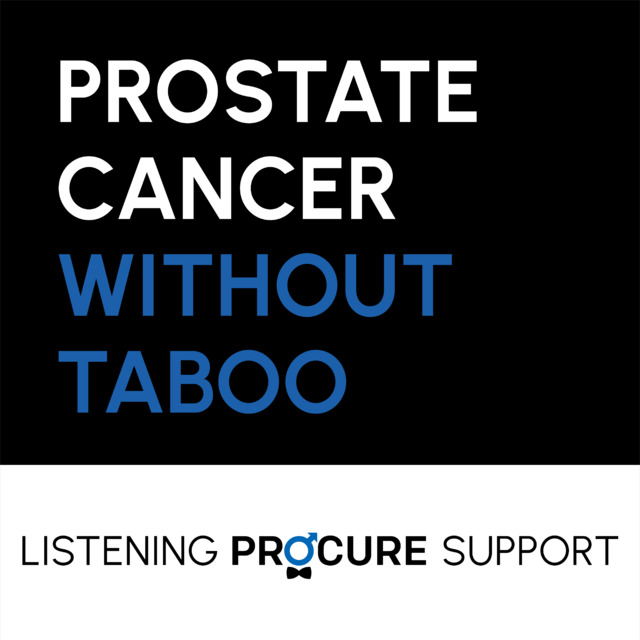
Urologist’s advice: Treatments and information on prostate cancer
Learn more about the role of the urologist and the importance for a patient to gather adequate information after receiving a prostate cancer diagnosis.
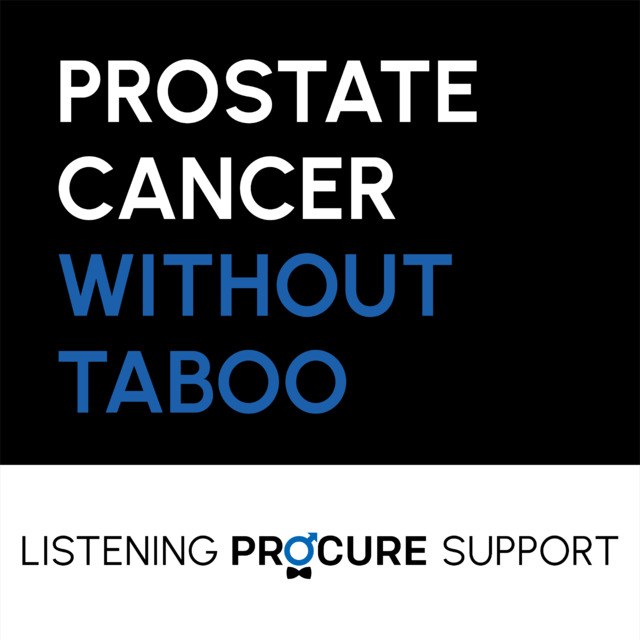
How I coped with prostate cancer
A man with prostate cancer shares the challenges of his cancer experience.
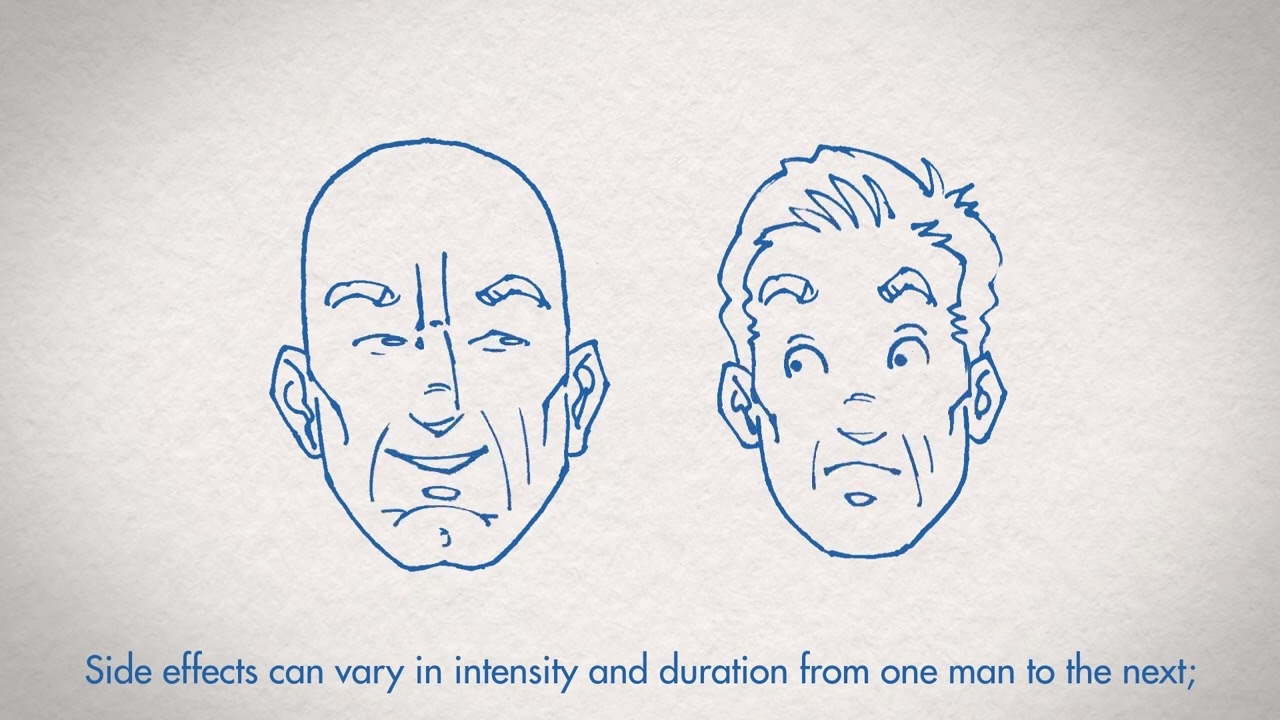
Your role as a patient
You’ve been diagnosed with prostate cancer? Your role is as important as that of your medical team.

Diagnosis and treatment
Recently diagnosed with cancer? Educate yourself to fully understand your situation.
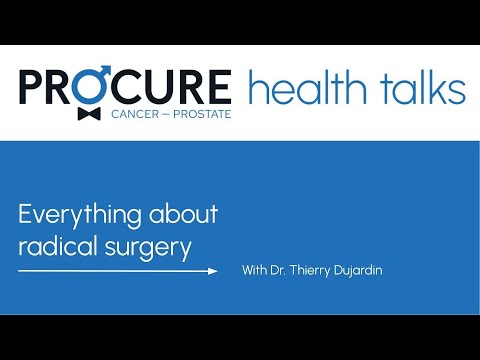
Everything to know about radical surgery
Considering radical surgery for your cancer treatment? Watch this webinar to learn about the procedure, its benefits, drawbacks, and suitability for you.
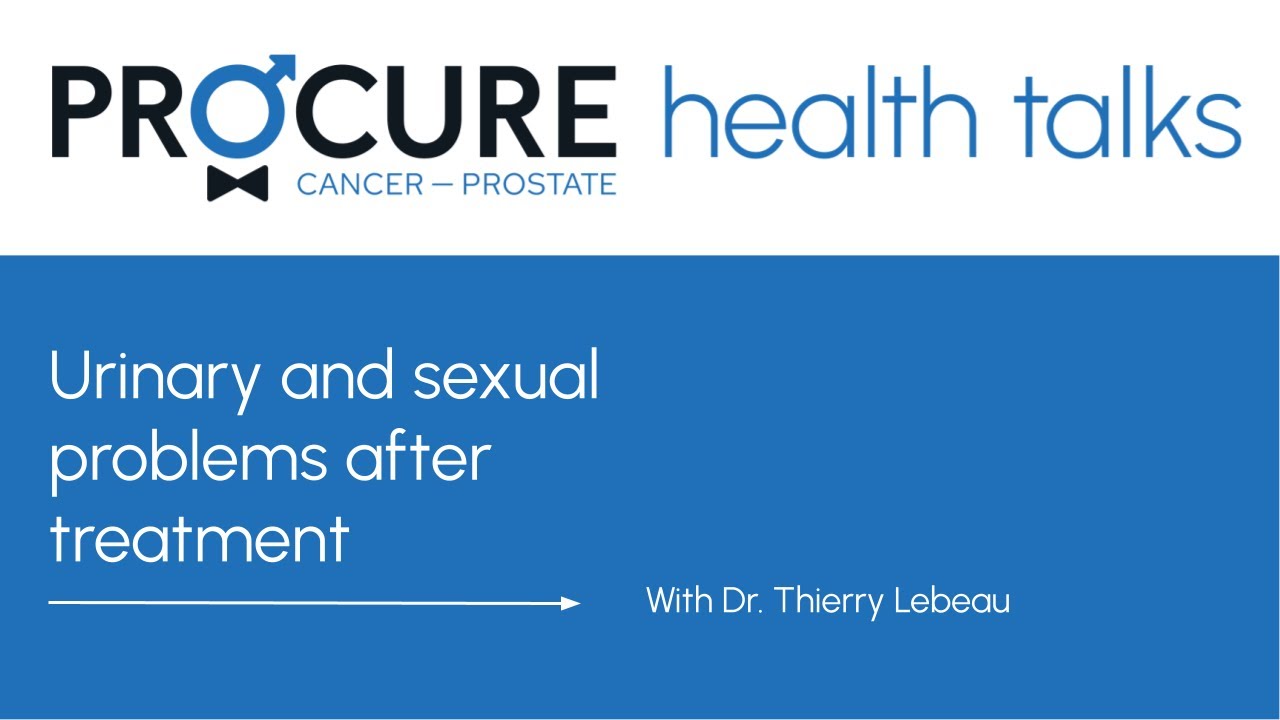
Urinary and sexual problems after treatment
Prostate cancer treatments can lead to side effects, such as erectile dysfunction and urinary incontinence, which vary in intensity and duration.
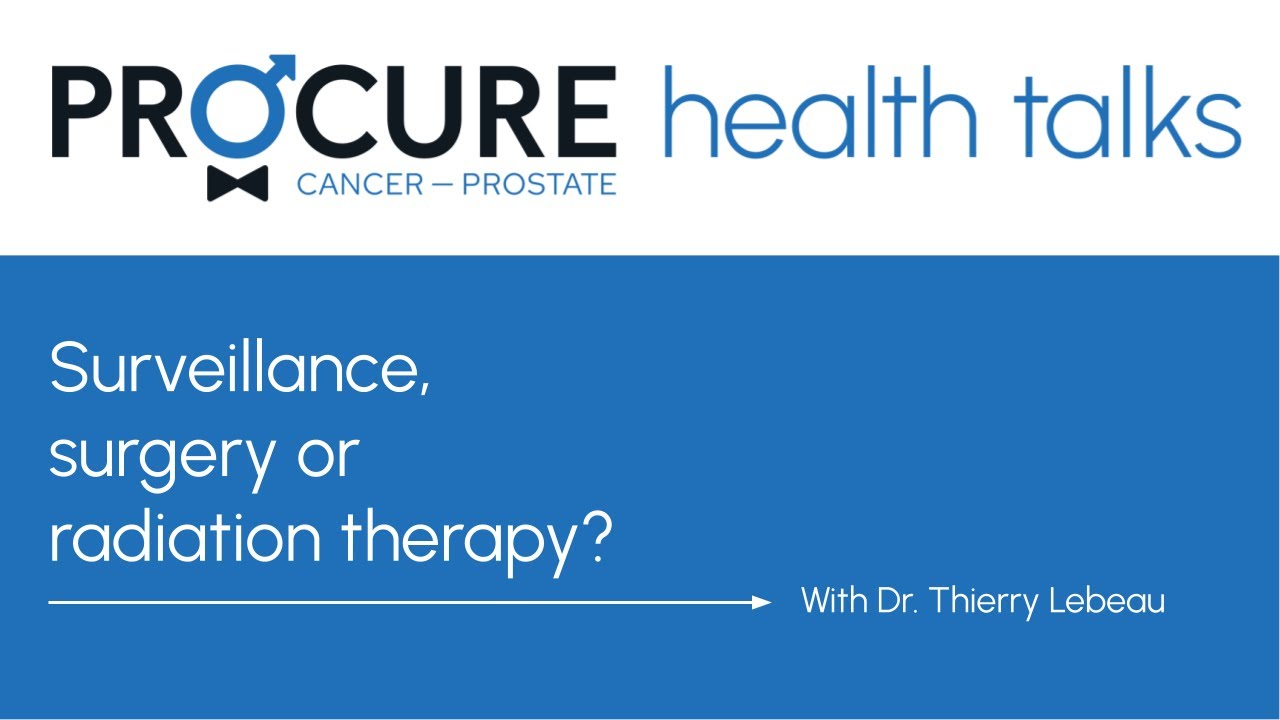
Surveillance, surgery or radiation therapy?
Diagnosed with prostate cancer? Several treatment options are available based on the stage, age, and your health.
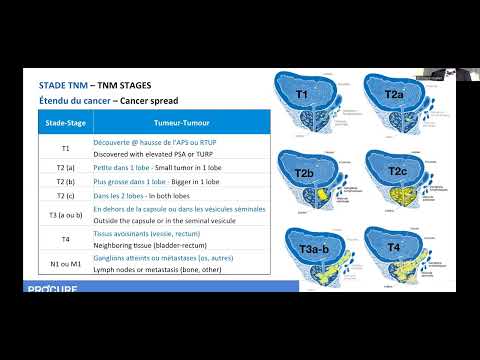
Active surveillance as a treatment option?
Did you know that in many cases it is not necessary to treat prostate cancer?
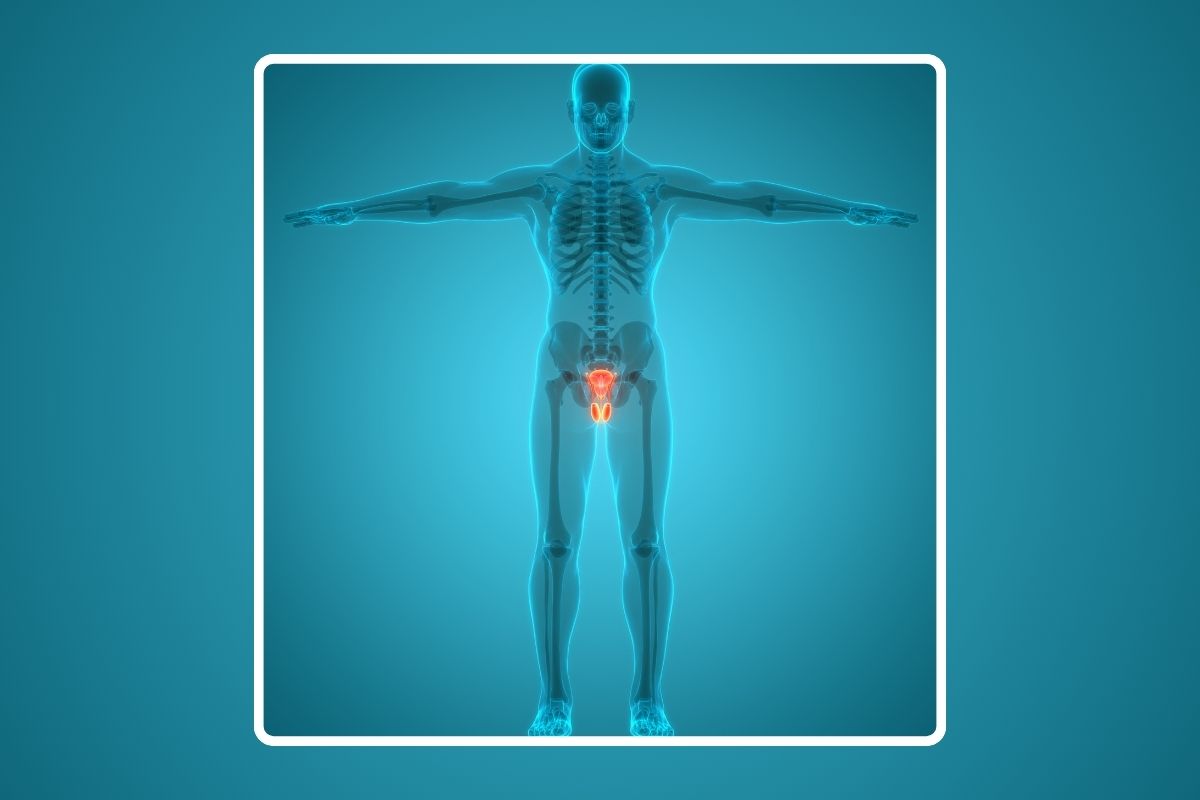
Understanding HIFU treatment for localized prostate cancer
HIFU treatment (High-Intensity Focused Ultrasound), a type of focal therapy, is an innovative approach for treating intermediate-risk localized prostate cancer that is well-visualized on MRI. Although widely used globally, mainly in private clinics or within strict research frameworks, it remains relatively uncommon in Quebec and Canada. It is not yet recognized as a standard treatment […]
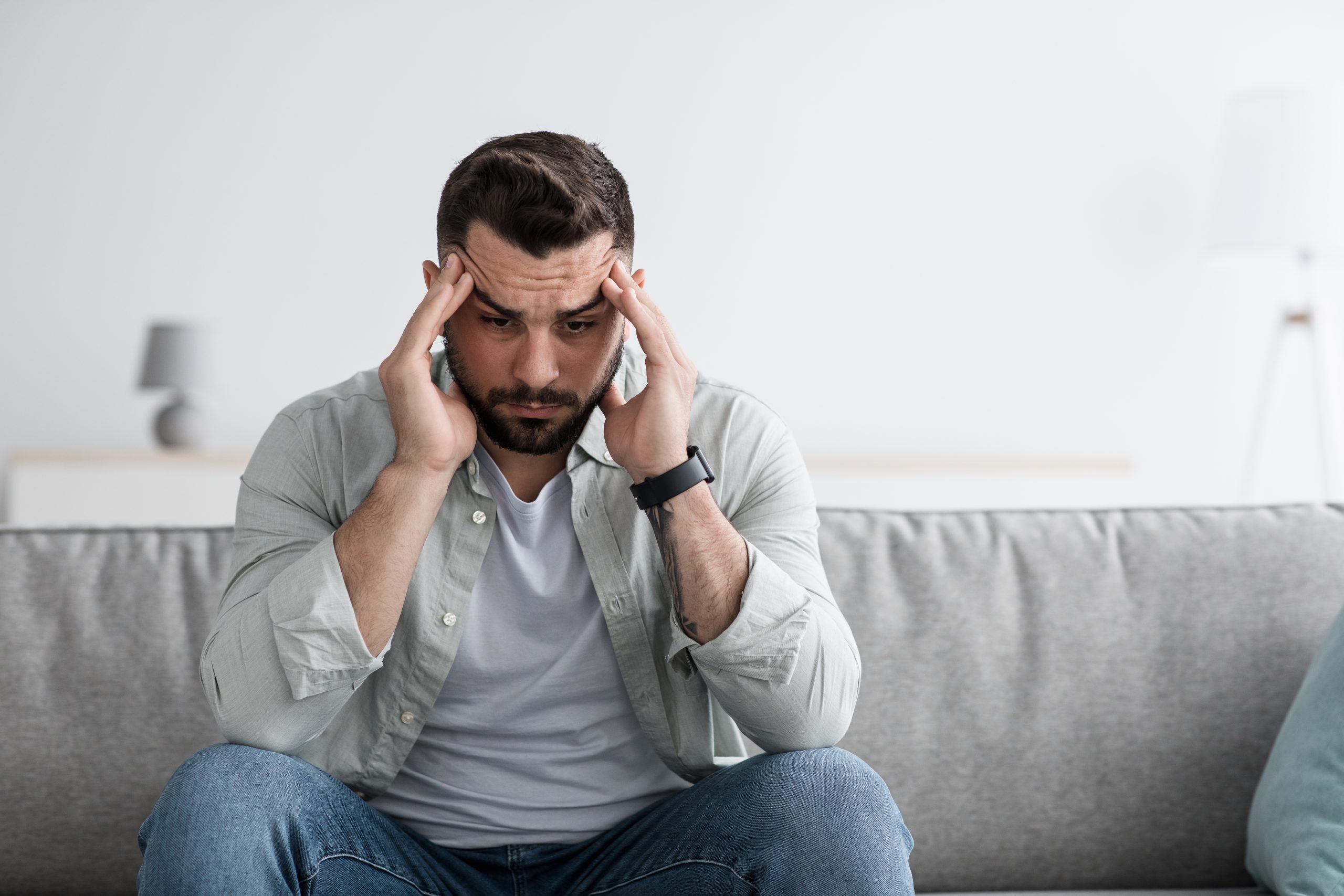
I have 4 treatment options; confused, you say?
If being diagnosed with prostate cancer is a massive blow for men, the treatment options can quickly become a headache…

Me a guinea pig?
Did you know that participating in a clinical trial advances medical science and improves the lot of patients for future generations?

Active surveillance in 5 points
As surprising as it may seem, your doctor may prefer to wait before starting treatment.

If I had been given the choice
If I had been given the choice, I would have opted for active surveillance! Rest assured that if your prostate cancer has little risk of progressing and you are a good candidate, the active surveillance option will be offered to you. Indeed, in many cases, it is not necessary to treat this type of cancer. […]
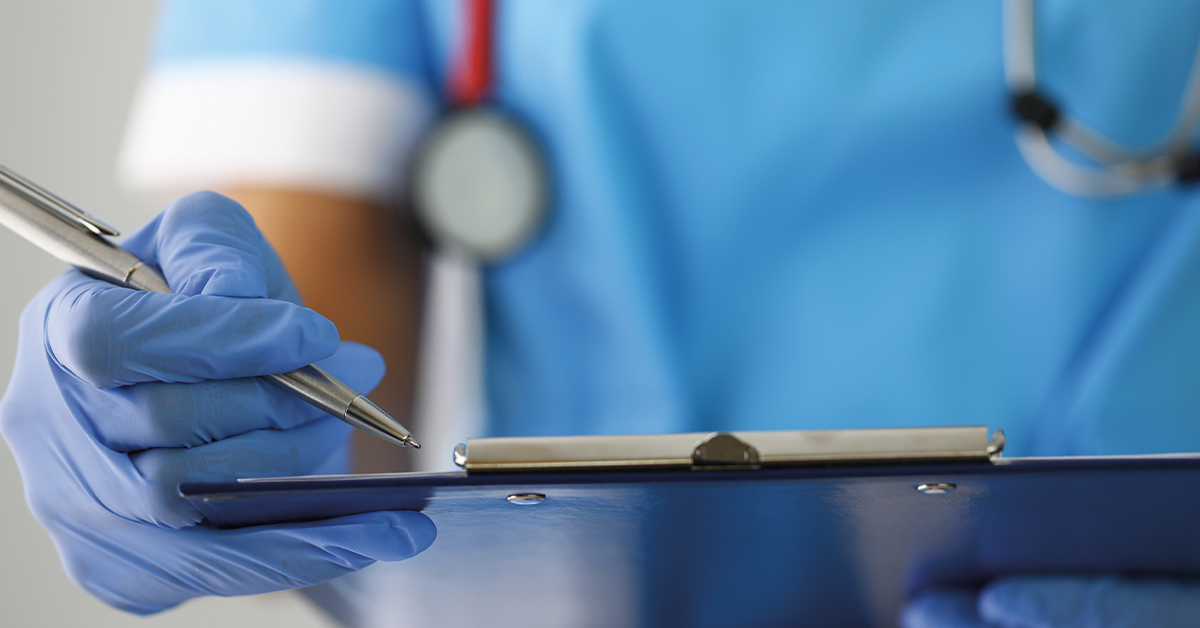
The importance of medical monitoring
Have you been or are currently being treated for prostate cancer? In such a case, it pays to know the facts to fully understand the importance of medical monitoring. After a diagnosis of cancer, you will normally be followed by your urologist for several years. Depending on your type of cancer and treatment, this follow-up […]

Why am I receiving hormone therapy?
Why am I receiving hormone therapy? Has your doctor recommended hormone therapy to treat your prostate cancer? Prostate cancer is a hormone-sensitive type of cancer, meaning its development is stimulated by male hormones: androgens and, more particularly, testosterone. Hormone therapy works by preventing your body from making or using these hormones, which stops your cancer from growing […]
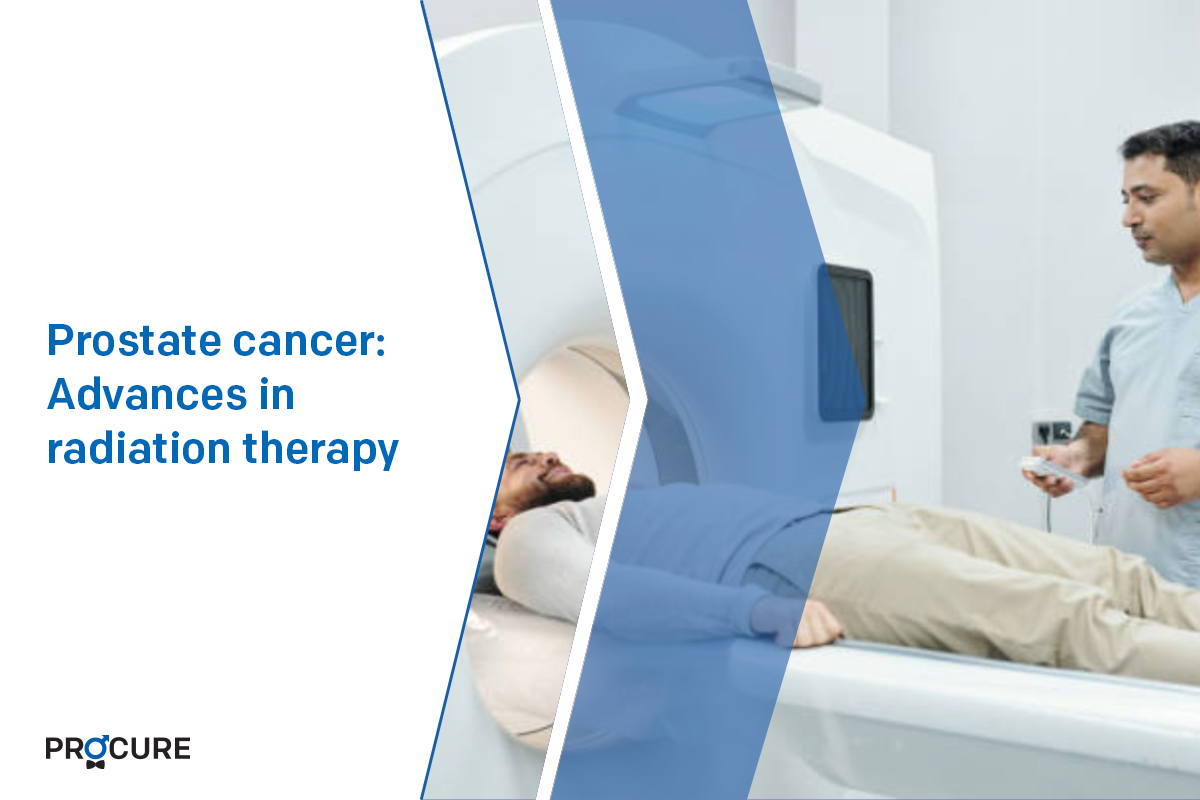
Prostate cancer: Advances in radiation therapy
If you have been diagnosed with prostate cancer, your doctor will consider many factors before recommending the best treatment. For many of you, this may mean external and/or internal radiation therapy. There are also advances in radiation therapy. These include more sensitive and specific functional imaging called PET PSMA, new and more effective hormone therapies, […]
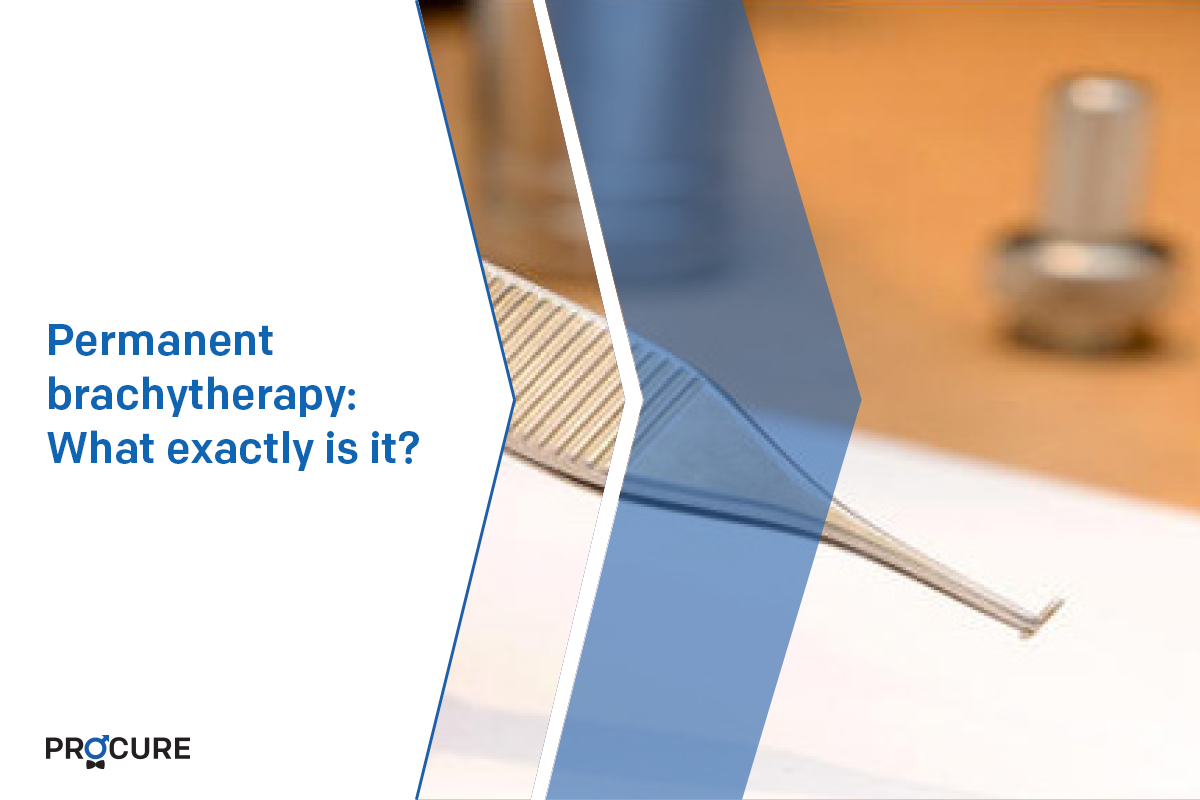
Permanent brachytherapy: What exactly is it?
Permanent brachytherapy often called low dose rate brachytherapy, administers very small doses of radiation. They are emitted from small sources containing radioactive iodine, called “iodine 125”. These sources look like grains of rice. They stay in your prostate forever. However, their radioactivity decreases over time. After 6 months, 95% of the radioactivity has disappeared. The presence of these sources does not cause any long […]
Sources and references
Last medical and editorial review: April 2024. See our web page validation committee and our collaborators by clicking here.


